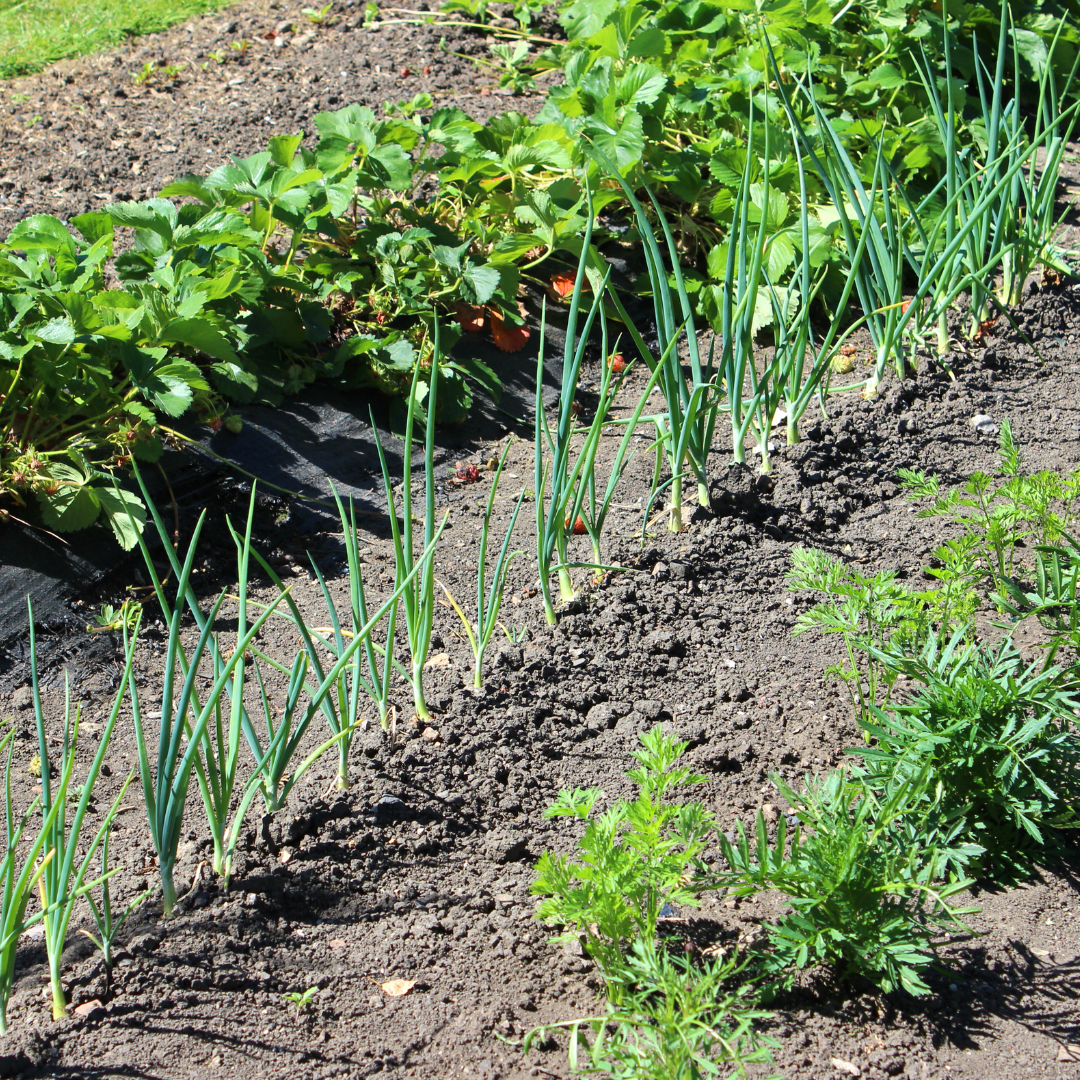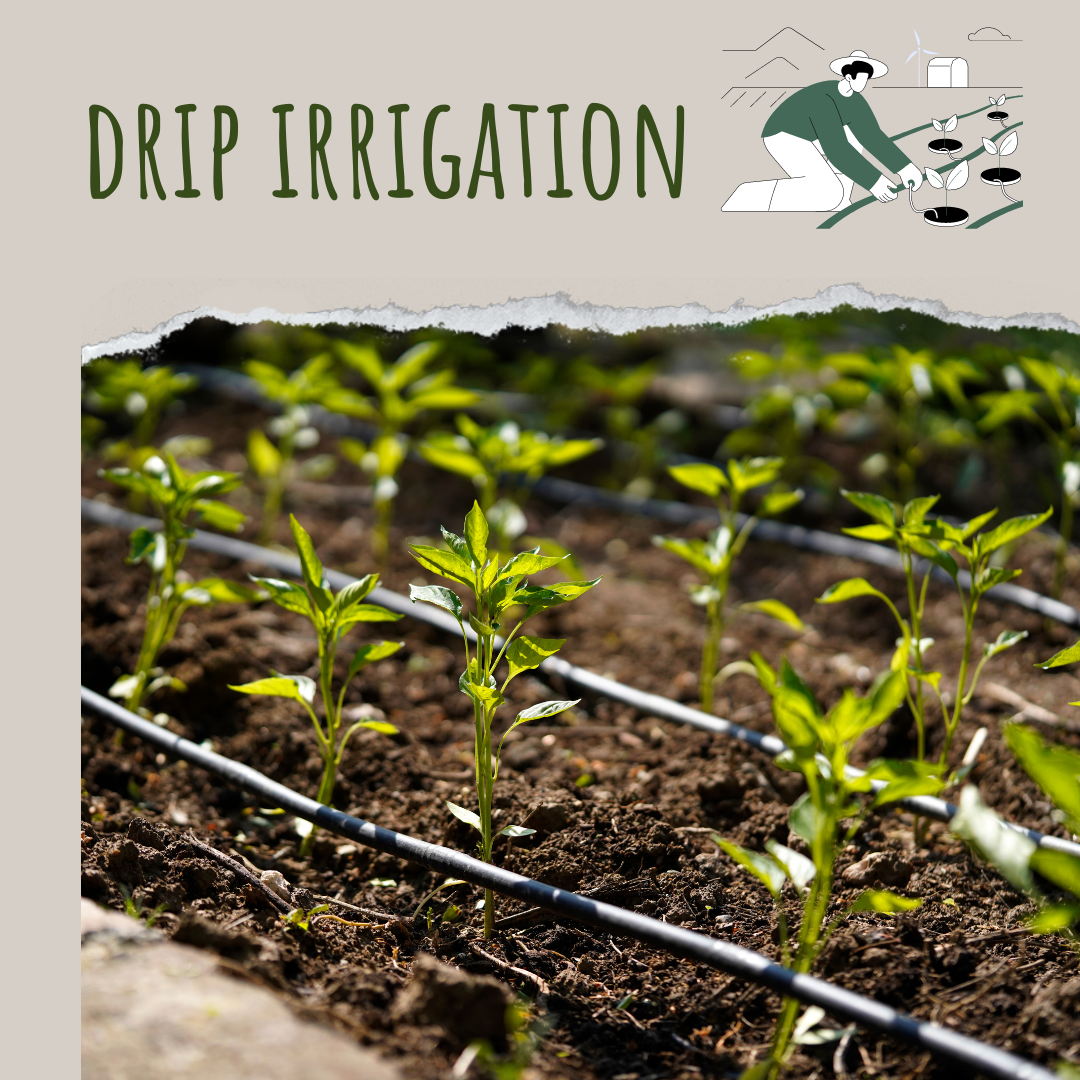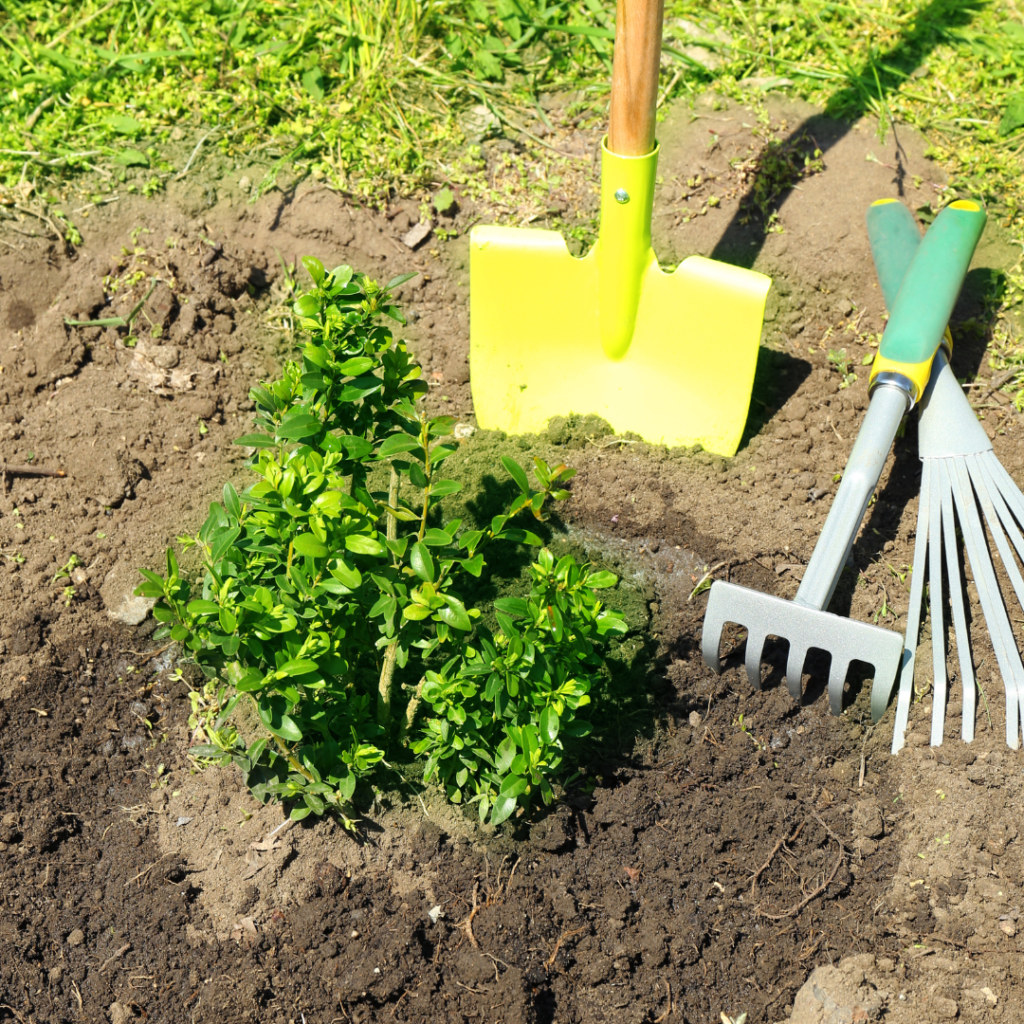Organic gardening is a sustainable and environmentally friendly approach to cultivating plants without the use of synthetic chemicals or genetically modified organisms (GMOs).

It focuses on working with natural processes to nurture healthy soil, plants, and ecosystems.
The importance of organic gardening principles lies in its commitment to sustainability and environmental stewardship. By avoiding harmful chemicals and pesticides, organic gardening promotes soil health, preserves biodiversity, and protects water sources from contamination.
 Additionally, organic practices produce nutrient-rich, flavorful fruits and vegetables, promoting overall health and well-being.
Additionally, organic practices produce nutrient-rich, flavorful fruits and vegetables, promoting overall health and well-being.
Overall, organic gardening embodies a holistic approach to agriculture that prioritizes the health of the soil, the well-being of plants and animals, and the long-term sustainability of the environment.
Table of Contents
Toggle10 Organic Gardening Principles:
Principle 1: Soil Health
Healthy soil is the foundation of organic gardening.

It provides essential nutrients to plants, improves water retention, and supports beneficial soil organisms. Techniques such as composting, mulching, and avoiding chemical fertilizers help maintain soil health.
Principle 2: Composting
Composting is the process of recycling organic materials, such as kitchen scraps and yard waste, into nutrient-rich soil amendments.

It enriches the soil, reduces waste, and promotes the growth of healthy plants. Starting a compost pile is simple and requires basic materials like food scraps, yard trimmings, and a compost bin.
Principle 3: Crop Rotation
Crop rotation involves planting different crops in the same area each season to prevent soil depletion and reduce the buildup of pests and diseases.

It helps maintain soil fertility, improves plant health, and enhances overall garden productivity.
Planning crop rotation involves dividing the garden into sections and rotating crops according to their nutrient needs and growth habits.
Principle 4: Companion Planting
Companion planting is the practice of growing mutually beneficial plant combinations to improve pest control, enhance pollination, and maximize space utilization.

Pairing compatible plants together can attract beneficial insects, repel pests, and improve overall garden health.
Examples include planting marigolds to deter nematodes or interplanting tomatoes with basil to enhance flavor and repel pests.
Principle 5: Natural Pest Control
Organic gardening relies on natural methods for pest control, such as introducing beneficial insects, using homemade pest control remedies, and practicing crop diversity.

Beneficial insects like ladybugs and praying mantises prey on garden pests, reducing the need for chemical pesticides.
Homemade remedies like neem oil spray can effectively control common garden pests without harming beneficial insects or plants.
Principle 6: Water Conservation
Efficient water management is crucial in organic gardening to conserve water resources and promote plant health.

Techniques such as drip irrigation, mulching, and rainwater harvesting help minimize water waste and maintain soil moisture levels.
Collecting rainwater in barrels or cisterns provides a sustainable source of water for watering plants during dry periods.
Principle 7: Organic Fertilizers
Organic fertilizers, such as compost, manure, and organic amendments, provide essential nutrients to plants while improving soil structure and fertility.

Unlike synthetic fertilizers, organic fertilizers release nutrients slowly over time, reducing the risk of nutrient runoff and soil pollution.
Applying organic fertilizers in moderation ensures healthy plant growth and minimal environmental impact.
Principle 8: Biodiversity
Biodiversity is key to a thriving organic garden ecosystem. Planting a diverse range of crops, flowers, and herbs attracts beneficial insects, enhances pollination, and improves soil health.
Creating habitat for wildlife, such as birds, bees, and butterflies, contributes to a balanced and resilient garden ecosystem.
Principle 9: Weed Management
Organic weed management focuses on prevention, suppression, and manual removal methods to control weeds without the use of chemical herbicides.

Techniques such as mulching, hand weeding, and using cover crops help suppress weed growth and maintain a weed-free garden.
Mulching with organic materials like straw, wood chips, or newspaper blocks sunlight, conserves soil moisture, and inhibits weed germination.
Principle 10: Sustainable Practices
Sustainable practices, such as reducing waste, reusing materials, and recycling resources, are essential in organic gardening.
Using renewable resources like compost, mulch, and organic fertilizers minimizes environmental impact and promotes long-term garden sustainability.

By adopting sustainable practices, gardeners can conserve resources, protect ecosystems, and support a healthier planet.
Conclusion
Organic gardening principles offer a holistic approach to cultivating a healthy, productive, and sustainable garden.
By prioritizing soil health, natural pest control, water conservation, and biodiversity, gardeners can create thriving ecosystems that benefit both people and the planet.

